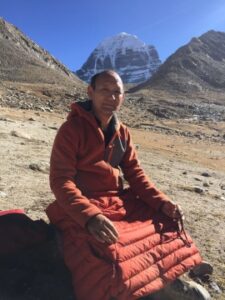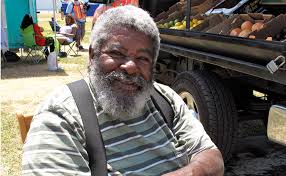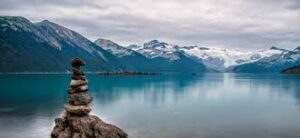Anna Maria Island Florida 2021
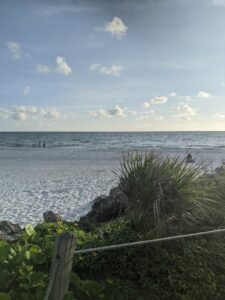
Runaway Bay Jamaica 2019
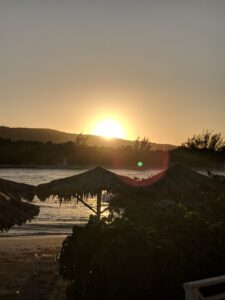


By Rege Behe
Kambale Musavuli knows what the heart of darkness looks like.
A native of the Democratic Republic of Congo (DRC), he has become an eloquent witness to the atrocities in his homeland that has been torn apart by violence, rape, and genocide. But as Musavuli, a national spokesman for the Friends of the Congo points out,the tragedy in Africa is mostly unknown outside of the continent.
“I always wonder what will it take for the world to know that six million people have died,” he said during a TEDx lecture in Chicago in 2013.
Think about that: Six million people is more than the populations of 32 of the 50 US states. Six million people is more than the populations of Finland, Ireland, and Finland.
“I’m speaking to you as a brother and I’m also speaking to you as a human being,” Musavuli told the audience in Chicago. “And I hope … you will think of the Congolese as your brothers and sisters who need your support.”
According to the website World Without Genocide (http://worldwithoutgenocide.org), the DRC has been beset by violence since 1996, with Rwanda, Angola, Namibia, Chad, Libya and Sudan among the other nations involved. Currently, most of the fighting takes places in the provinces of North and South Kivu bordering Rwanda. Some of the conflict is political, notably the unrest caused by Hutu refugees of the Rwandan genocide who now live in the Congo. The region’s rich natural resources — including diamonds, copper and gold — also have factions vying for its control.
“Congo is a like a nightmare in heaven because it has so much blessing,” Musavuli said, noting how his idyllic childhood was regularly marred by violence.
Musavuli fled his homeland in 1998 when he was 17 to attend high school in North Carolina. He then attended North Carolina A&T University in Greensboro, NC, where he studied civil engineering and became active in social causes. He worked with Greensboro area activists on issues of ranging from minimum wage to police brutality to improving the immigrant experience.
Most importantly, he started to speak about the unimaginable loss of life that occurs in the DRC.
“I don’t think people can comprehend that every single day, 1,500 Congolese people die,” Musavuli said. “Every two days, 9/11 happens in the Congo.”
Musavuli’s activism gradually started to garner attention, with appearances on ABC News, National Public Radio, and Radio France, and in the Canadian documentary “Surviving Progress” which included Martin Scorsese as an executive producer.
As a spokesman for his country, Musavuli asks everyone to consider the consequences of inaction.
“Twenty or thirty years from now, we are going to be asking an important question,” he told the TEDx audience. “… When you heard that six million people died in the Congo, what did you do about it? Because that’s the question that comes back when you read the book “Night”(by Elie Wiesel) about the Holocaust: How come we didn’t know that millions of people were dying in Europe and no one did something? You have to say `I heard the guy with the accent … and I was so moved by it I decided that until peace comes, I will do something.'”
To learn more about Kambale Musavuli: www.kambale.com/
To learn more about Friends of the Congo: www.friendsofthecongo.org/
http://www.kambale.com/crisis-in-congo-kambale-musavuli-at-tedxuchicago-2013/
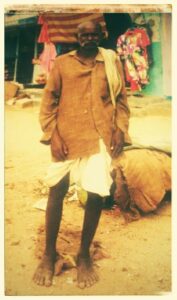

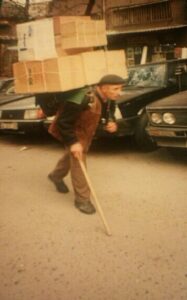
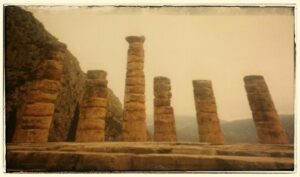
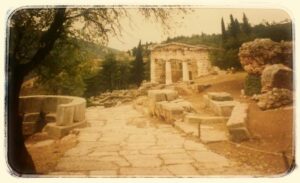
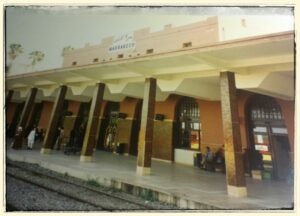
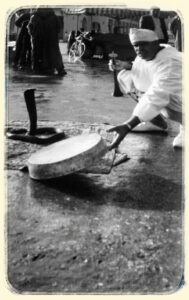
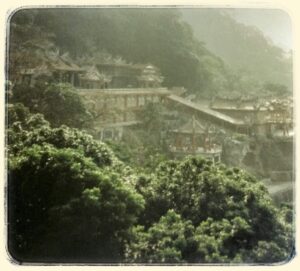

By Rege Behe
Certain subjects have long been considered risky for polite conversation, including race, politics, money, sex and religion.
But Cora Daniels thinks it’s important for people to express their opinions, even if broaching such topics makes people uncomfortable.
“It’s not as hard as we think it’s going to be,” says Daniels, the co-author of “Impolite Conversations On Race, Politics Sex, Money, and Religion” (Atria Books). “Part of it is that we work ourselves up into being afraid to own up to our honest thoughts. It’s not an easy thing to do, to speak honest and openly. But there is a desire to do it. If there wasn’t, there wouldn’t be all this anonymous chatter on Twitter.”
Daniels will speak at 7 PM, Monday, March 23, at the Rodef Shalom Congregation in Oakland. Her appearance is free and open to the public.
Despite the book’s title, Daniels, who wrote the book with lifelong friend John L. Jackson Jr., the dean of the University of Pennsylvania’s School of Social Policy and Practice, isn’t advocating for coarser discourse. A journalist and writer who teaches journalism at New York University, Daniels merely wants people to be open to subjects and ideas that are shied away from in social settings.
“Because we’re not willing to come together and have a real dialogue on these issues, we never get to move forward,” she says. “We never get to move past the divided state that we’re in and change our thinking on these things and think more innovatively and creatively.”
The place to start, Daniels says, is at home. As a mother of children ages 6 and 9, she constantly tries engage them in conversations about important issues. But that’s only the start of the process.
“Whatever we’re wagging our finger upset about, what’s going on in society on a larger scale, we have to make sure it’s going on in our house first,” Daniels says. “In our block, in our neighborhood, in our community. Those are little steps, one by one.”
Perhaps the biggest obstacle to engaging in constructive and illuminating conversations is the lack of opportunities to do so. Daniels believes most people live segregated lives and don’t give themselves the opportunity to engage others of varying races or beliefs.
“If most of us really take an honest look at our social groups and the core relationships we have, we’re just not integrated,” she says.
Even though the next generation is expected to be more diverse, Daniels doesn’t expect race or gender issues to suddenly disappear. Nothing will change, she thinks, until people become open to expressing their feelings, especially about race.
“There’s this whole thing about the generation coming after us being the most diverse, but it’s not like race has just disappeared,” Daniels says. “They are still conscious of it and they still notice it, even down to my kids who are just in elementary school, where it’s still an issue and it still comes up. We have to acknowledge it and not ignore it. Even if we’re unhappy with our reaction at the moment, don’t hide from it, don’t ignore. Because our children notice it and then it becomes this weird, untouchable topic because none of the grown-ups are talking about it.”
By Rege Behe
About eleven years ago, Rusted Root’s Michael Glabicki met with a group of Pittsburghers concerned about plans to introduce fracking within the city’s limits. Since then, he’s become increasingly concerned about the procedure’s effects.
“I hear from fans whose drinking water has been devastated in their towns and others who have started experiencing earthquakes in their community from fracking,” Glabicki says. “People are scared. I am scared.”
Glabicki and Rusted Root will headlined “Freedom From Fracking: A Benefit for the Friends of the Harmed” May 16, 2015 at Mr. Small’s in Millvale. Mike Stout & the Human Union, Kellee Maize & Friends, Liz Berlin, UJAMAA, Anne Feeney, Smokestack Lightning, DJ Paul Dang, Gene Stovall, Jasiri X, Palermo Stone, Vanessa German, the Benevolent Sneaky Mike and Tom Breiding also are scheduled to perform.
Proceeds will benefit The Friends of the Harmed, which assists families who have been harmed from fracking related activities in the region, via The Thomas Merton Center.
The US Energy Information Administration estimates that there are 2.119 trillion cubic feet of natural gas and 25.2 billion barrels of crude oil available in the US via fracking. Fracking is responsible for 90 percent of oil and gas production in the United States, according to National Parks Conservation Organization.
But at what cost?
Food & Water Watch, a public interest organization based in Washington, DC, states that communities in proximity to fracking activities are subject to increased crime, decreased property values, and losses in tourism and agriculture.
Fracking also is exempt from major environmental laws including the Safe Drinking Water Act, and the process uses approximately five million gallons per well. The waste water from fracking can pollute streams, lakes and rivers, and the water supply
“The New York Times just came out with an article citing a new study showing that high levels of Butoxyethanol are showing up in Pennsylvania’s drinking water from fracking,” Glabicki says. “This stuff is irreversible. I went up to Dimock, (in Susquehanna County) and sat in the living rooms of several families listening to their horror stories. Many had no drinking water and had to ship it in. Many of the children were sick for months before figuring out it was from fracking. I can go on and on. There are so many wells around Pittsburgh and it is just a matter of time before a major disaster happens here.”
Glabicki met a former worker in the fracking industry who said he’d dumped truckloads of contaminated water on the side of the road near Dimock. The worker was fearful he’d lose his job if he didn’t dump the water.
But contaminated drinking water may be just one consequence of fracking.
“There are so many other issues that we don’t know the full extent of yet,” Glabicki says. “We just added earthquakes to the list! They are happening in Michigan and West Virginia as well as other areas. Who know what this might turn into? There is much we don’t know about the dangers of fracking. Oil companies are going full steam with it, trying to make as much money as they can, before we can figure it out.”
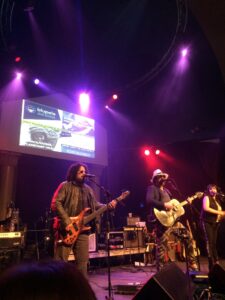
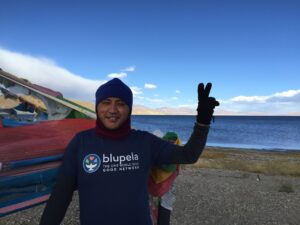
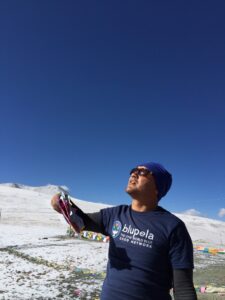
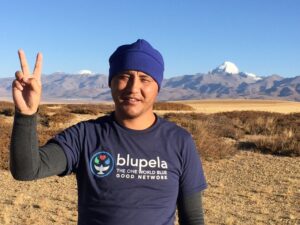
To read more about Tempa and Olmo Ling, please visit:
